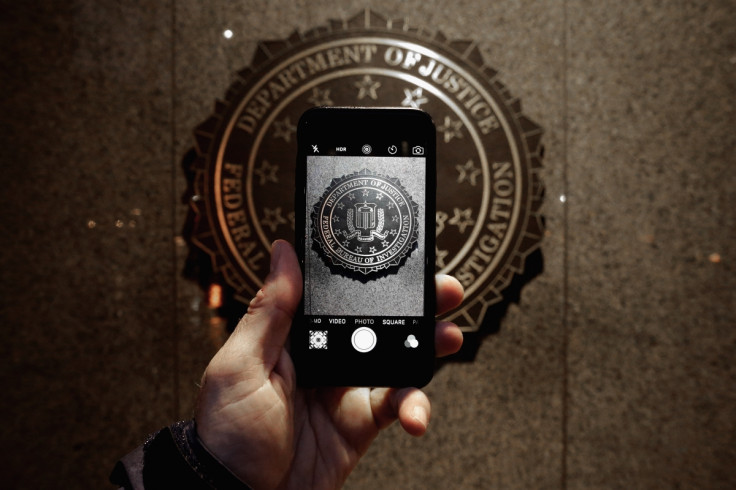Apple vs FBI: Intelligence service says it might be able to unlock San Bernardino terrorist's phone

The US government announced on 21 March that it might have figured out a way to unlock the iPhone used by one of the shooters in the San Bernardino terrorist attack. The government requested a delay on a court hearing that was meant to demand that Apple help unlock the iPhone used by Syed Rizwan Farook.
In the filing, the FBI said it needs time to look into another possible way to unlock the phone. "On Sunday, March 20,2016, an outside party demonstrated to the FBI a possible method of unlocking Farook's iPhone," the US attorney wrote in court filings. "Testing is required to determine whether it is a viable method that will not compromise data on Farook's iPhone. if the method is viable, it should eliminate the need for the assistance from Apple Inc set forth in the All Writs Act Order in this case."
US Justice Department spokeswoman Melanie Newman said the government was "cautiously optimistic" the potential method would work in a statement to the media. Newman said that federal authorities had continued to look for alternative means to access the iPhone's data during the litigation against Apple.
The ongoing battle between the federal government and Apple has pitted elected officials, law enforcement and tech executives against one another over limits to which companies assist in criminal investigations. The LA Times noted that if the method works, investigators would gain new insight into the terrorist attack that left 14 dead and 22 injured in December.
The FBI claims that the confiscated phone, which came into its possession when Farook and his wife Tashfeen Malik were killed in a shootout with police after the attacks, could provide insight into the attack, including whether Farook and Malik had accomplices. Federal authorities maintain that the couple was inspired by the Islamic State (Isis) but are not completely clear as to everything surrounding the attack.
The Associated Press reported that the couple destroyed other phones they possessed and the FBI has been unable to circumvent the passcode needed to unlock the iPhone. The smartphone is owned by San Bernardino County and was given to Farook as part of his job.
In February, Magistrate Judge Sheri Pym ordered Apple to create special software to disable a security feature on the iPhone, which renders the phone useless after more than 10 attempts are made to enter the phone's four-digit passcode. The FBI would then be able to electronically run possible combinations to unlock the iPhone without losing the phone's data.
However, Apple claimed the government was seeking "dangerous power" exceeding the authority of the All Writs Act of 1789. The company contended that the ruling violated its constitutional rights, harmed the Apple brand and threatened to destroy the trust of its customers. Apple added that the order is unreasonably burdensome. It added that the software it was asked to create could eventually fall into the hands of hackers.
The government insisted that Apple could create the software for one phone, maintain control of the software during the investigation and later destroy it. Apple countered by saying that creating software is a form of speech and that by being forced to create the software, its First Amendment rights were being violated.
The two sides have launched aggressive public relations campaigns to get their point across. Apple CEO Tim Cook criticised the government's "backdoor" approach, while FBI Director James Comey denied the bureau was seeking a "master key" and insisted the agency only wanted the company to remove its "vicious guard dog" to unlock the phone.
© Copyright IBTimes 2025. All rights reserved.




















